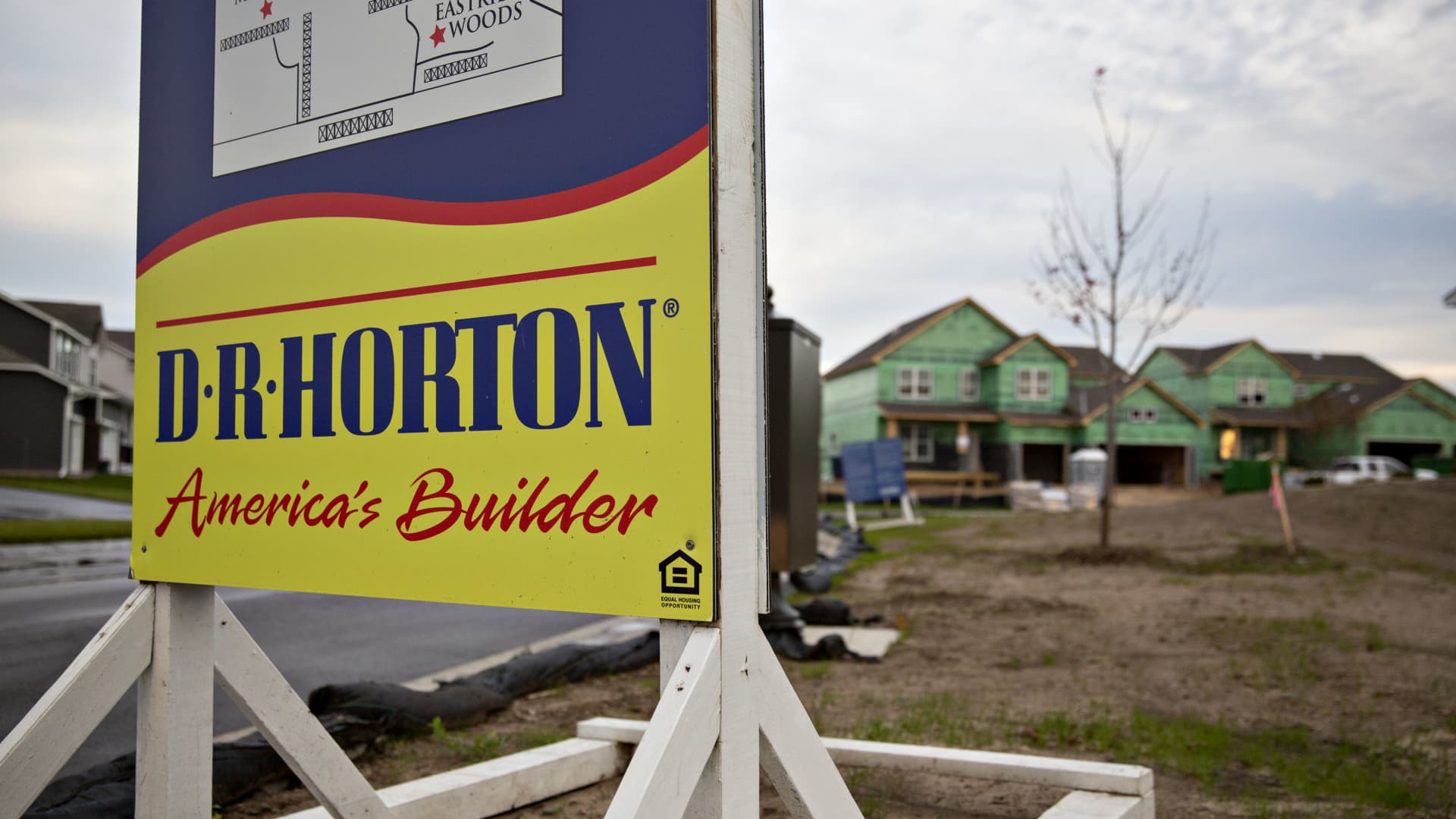F
ront of D.R. Horton signage at Eastridge Woods, Cottage Grove, MN. D.R. Horton, the nation’s largest homebuilder, is using an AI platform from Portland startup Prophetic to speed construction and address the U.S. housing deficit of roughly 4 million units, a gap that has pushed prices over 50 % higher since the pandemic. The company cites high construction costs and the complex, costly process of acquiring and entitling buildable land as major hurdles. “Identifying, acquiring, and entitling suitable land is one of the biggest challenges to affordable housing,” said Jason Jones, VP of data analytics at D.R. Horton. “Prophetic’s insights will help us expand homeownership for hardworking Americans.”
Prophetic’s AI-native system scans every zoning manual for a parcel, pulling data from all cities and counties in a state. It is active in 25 states and plans to cover all 50. Founder and CEO Oliver Alexander explained that extracting zoning rules from tens of thousands of documents is labor‑intensive; the AI can do it accurately and quickly. The platform evaluates minimum lot size, density setbacks, and other regulations, updating quarterly, and provides source citations to build trust. This allows developers to assess a parcel’s potential in seconds instead of hours.
Alexander noted that Prophetic has catalogued over 440,000 unique zoning descriptions across the U.S. The AI’s large‑language‑model analysis answers questions and feeds into a search engine, which he calls the “major unlock.” By rapidly determining what can be built, where, and how much, builders gain a decisive speed advantage, effectively controlling the market before competitors can decide.














